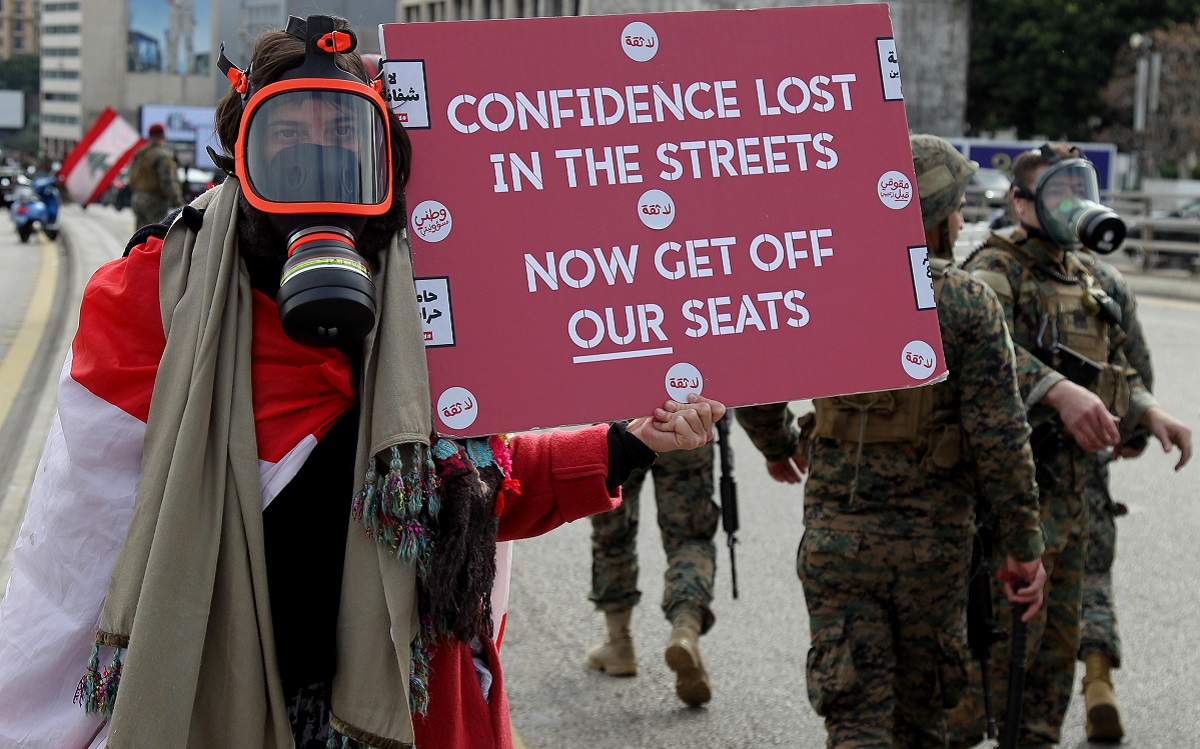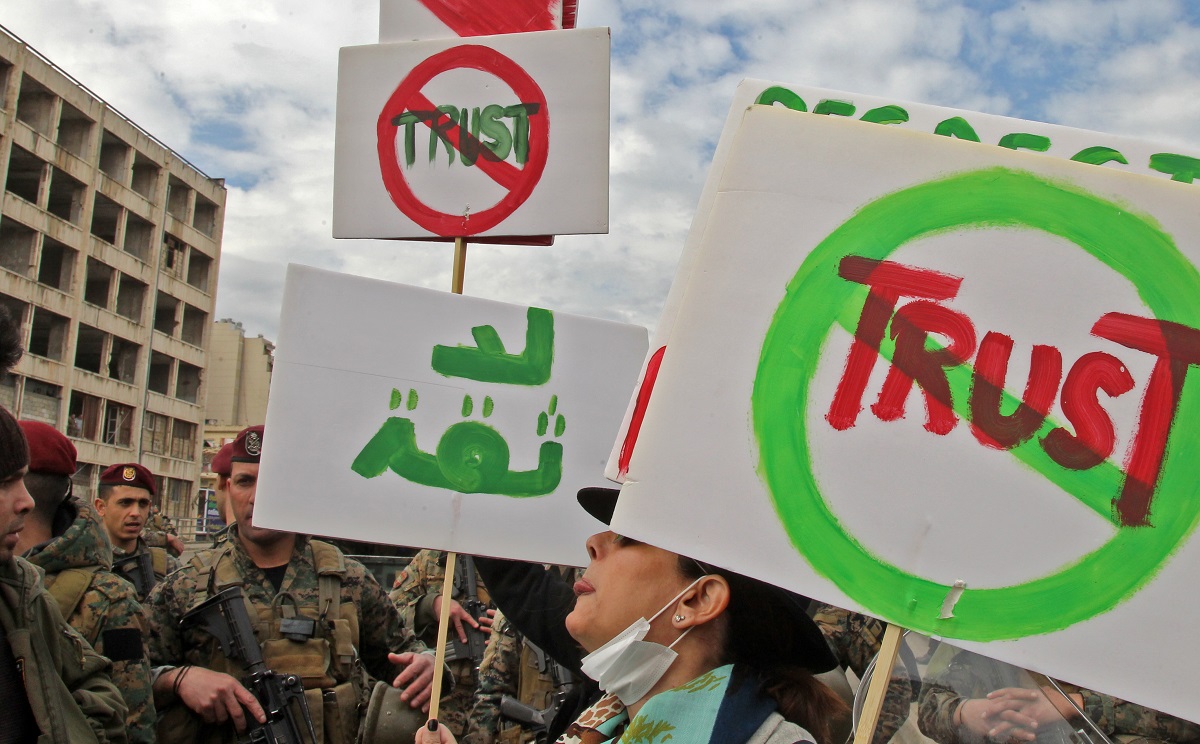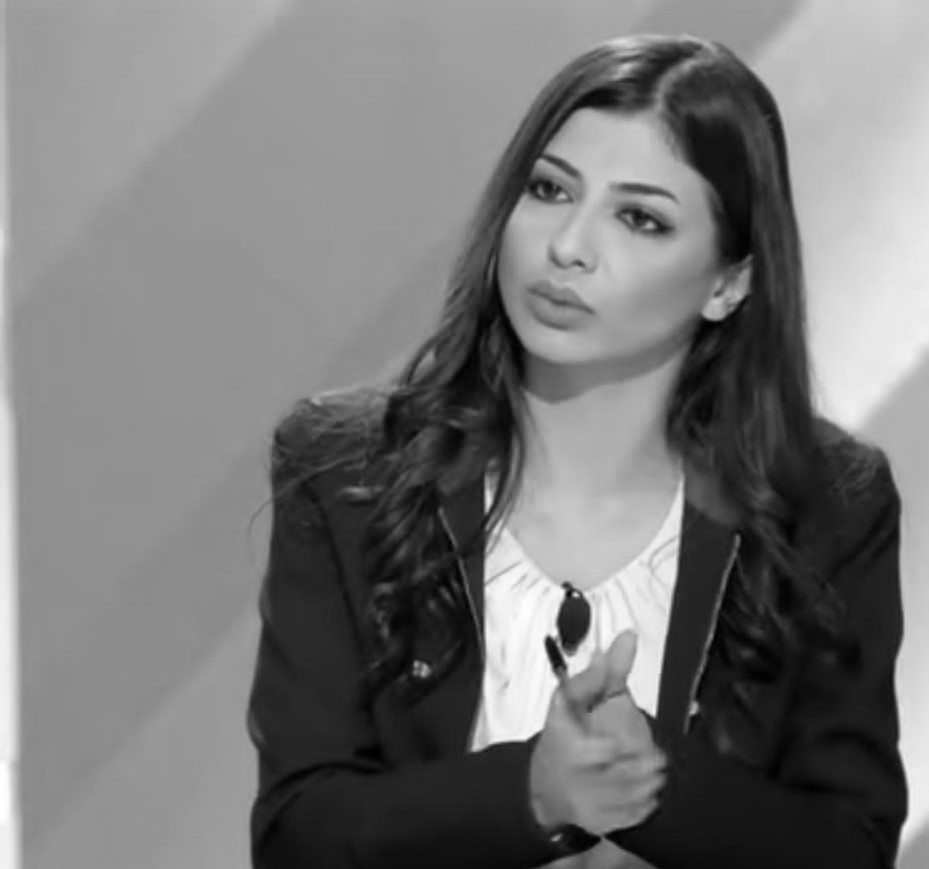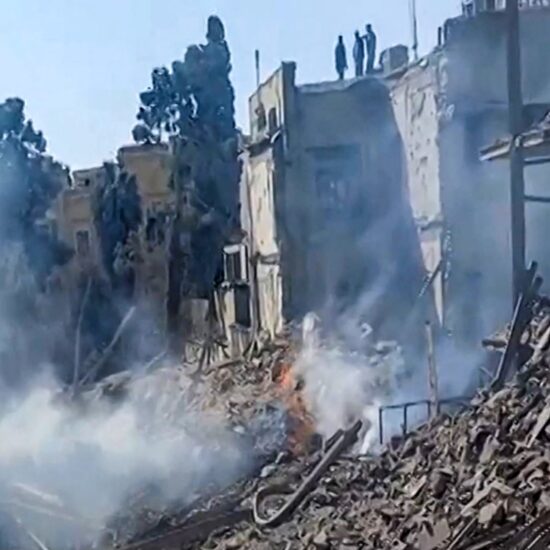
Two things are on the minds of the Lebanese, be they living in the country or diaspora.
First, it’s the haunting fear of what tomorrow may bring amid a crippling economic crisis that has thrown three-quarters of the country’s population into poverty, and in the face of widespread impunity for murder and theft, as well as endemic corruption we can’t seem to shake despite our efforts, despite October 17.
The second concern is elections. Constant political propaganda keeps telling us that change is coming. With a deadline: the 2022 polls.
Some serious questions are worth raising as seconds fly towards this deadline: what change is so imminent after the elections if the same old guard that brought us to the streets in October 2019 is in charge of organizing and overseeing the polls, with no real international interference whatsoever?
How can anyone resume trust in those whom they shouted against during the demonstrations of February 11, 2020 when the parliament wanted to give confidence to – then unknown – Hassan Diab’s government? Hundreds of people were wounded back then when we shouted “No confidence” and opposed his cabinet. Mikati’s cabinet is no different.
How to believe in effective change that will save the country from its collapse, when this process of change is compromising the very demands of the people who took to the streets two years ago?
The people of Lebanon expressed clearly then what they wanted. We wanted an independent government to organize honest, decent and transparent elections with international observers and an independent judiciary to give people back the money seized by Lebanese banks; we wanted to hold the corrupt accountable.
Those demands we shouted in October 2019 are currently used and abused by all political sides: the authorities, the government, the political parties – including some parties born from the October 17 movement – and the international community.
But the real demands of the street have been forgotten. No one is standing up for them anymore. How did that happen?
Some alternative parties and social media pages presented themselves as candidates to take those demands to the Parliament, their right in doing so justified by their participation in the protests, some at a later stage. But we are witnessing a general focus on one single thing: elections.
The original demand was not met. The government is not independent. The prime minister is the same person who headed the government when the ammonium nitrate entered Lebanon and was stored in the port in 2013. The government is preparing for elections, but without international oversight to ensure transparency and fairness in the polls.
Not only is it that participating in elections in these conditions contradicts everything people asked for, it is also a dangerous legitimization of a political class that should be held accountable. Yet, some of these new parties and individuals have gravely compromised on the streets’ demands.
The original demand was not met. The government is not independent. The prime minister is the same person who headed the government when the ammonium nitrate entered Lebanon and was stored in the port in 2013.
They have accepted this murderous government, although the population is still suffering under the reckless policies implemented by this same cabinet.
They lifted subsidies on fuel, leading to skyrocketing gas prices – from 70,000 LBP to 310,000 LBP – which caused a 50 percent drop in demand. People can no longer afford to buy fuel.
They lifted subsidies on medicines without any safety plan in place for patients. Medication that was once priced at 7,000 LBP is sold now for over 100,000 LBP. Subsidies were lifted first on drugs for chronic and incurable diseases. In parallel to this fatal blow, now patients can rarely find their medicines in pharmacies.
Deliberately set fires across Lebanon were never properly investigated, despite Civil Defense pointing out that they may have been caused by arson. No investigations were opened, no one was held accountable.
This week, the government had planned to pass through Parliament an unjust, immoral Capital Control law. The bill heartlessly meant to legalize theft committed by banks on Lebanese depositors: the depositors were to receive the money they had deposited in dollars in Lebanese pounds at a rate decided according to a market that is constantly changing, amid skyrocketing inflation. Money they cannot really exchange back into dollars anywhere, money they cannot use abroad. Money they deposited two years ago when the rate was fixed at 1500 LBP per dollar, and money they have had no access to ever since.
Not only would this have legalized the theft, but the bill also meant to clear the banks from any responsibility. It was rejected by the Parliament committees for “incompatibility of the law with IMF standards” and after pressure from the Depositor’s Union.
This should have felt like victory. But the truth is that in these policies, we can see what their intentions are. Are these same people supposed to oversee the organizations of the elections in 2022? Are we meant to trust that they will ensure an independent, transparent electoral process?

This government has done everything to kill the street movement: the fuel crisis suffocated daily life even when the Covid 19 lockdowns were eased; human rights and freedom activists have been harassed and called in for investigations; the Beirut blast investigation has been obstructed; the investigation into the October 14 incidents in Tayounneh was politicized and used as leverage to obstruct the Beirut blast probe.
Political activists, including some that rose during the October 17 uprising have been assassinated without any proper investigation. There was no accountability for those who may have committed the murders. Among the people we lost is Faysal Sfeir.
Another trend we’ve seen since this government was formed in September was a crackdown on the media. Before the diplomatic scandal with the Gulf countries, Minister of Information Georges Kordahi was attempting to pave the way towards more censorship. He warned against “hate speech against politicians”, and issued a circular on banning criticism against politicians, but religious figures and party leaders as well, specifying among them Hezbollah leader Hassan Nasrallah.
State institutions are not the only ones silencing dissent. There is also a harsh online war on social media working to discredit any voice of dissent. An excessive amount of paid bots attacked opposition accounts on social media through organized false reporting; four Instagram pages were disabled in 1 week : @yalla_3al_tari2, @lebanon_the_dream, @lebpoliticaltalk and @nakedpolitics.lb. The Instagram pages @lebpoliticaltalk and @nakedpolitics.lb are still down at the time of publication.
Meanwhile, the promises made by the government to ease the effects of the crisis on the most affected among the Lebanese remain undelivered. Minister of Education Abbas El Halabi promised $90 for public school teachers, and PM Mikati announced that public workers would receive ” half a salary on November 1, and half a salary before the holidays”. These decisions are of an exceptional nature pending a review of the budget, which will be completed as soon as possible, they said.
Not only is it that participating in elections in these conditions contradicts everything people asked for, it is also a dangerous legitimization of a political class that should be held accountable. Yet, some of these new parties and individuals have gravely compromised on the streets’ demands.
Last but not least, the government opened registration for ration cards on December 1. But the source of funding is still unclear, despite the government promising to make it available a year before. The complicated process of filling the form requires both computer literacy and the presentation of many documents that are difficult to obtain. Many people who desperately need that card don’t own a computer.
The point here is, on February 11, 2020 we shouted “No confidence” as the Parliament was voting for the Hassan Diab cabinet. We shed blood to say it: 400 protesters were wounded in the demonstration. The politicians drew blood to show that they didn’t care.
Those who demonstrated against the government of Hassan Diab, a figure who was virtually unknown at the time, will also not accept a government led by Najib Mikati. The accusations of corruption against him are widespread enough to have their own section on his Wikipedia page. They were also exposed in the Jordanian parliament a few years back.
It is impossible to accept Mikati’s government, especially after the August 4 blast, and especially after the ammonium nitrate shipment entered the country and was stored in the port during his term in November 2013. Again, how can we trust his government to organize fair, transparent elections?
I am surprised that the same activists who once stood for an independent government are today participating in an election organized by this government without requesting any international interference and oversight. What are their guarantees?
On top of that, it was ridiculous to, or to pretend to, not notice that people’s unwillingness to register to vote is due to the fact that nothing has changed. At the end of the day, the names of the candidates were not even made public.
We’ve already witnessed many examples of what can go wrong in elections held at professional orders or in universities. First of all, there was a lack of transparency about the candidates: their names were announced only three days before election day. In the Lebanese American University the system was down for hours and forms were replaced without any investigations. At the Order of Dentists, Hezbollah and Amal supporters created chaos to destroy the ballot boxes. In many instances politically backed candidates ran as independents – including at the Beirut Bar Association.
Do the 2022 elections really serve the public interest? Or will they lead, as usual, to the return to power of politicians who have been the direct cause of suffering for so many decades?
Would they preserve impunity? Is a government that attempts to legalize its theft, and lifts subsidies without any social safety measures in place worthy to be trusted as the only authority overseeing the 2022 elections?
We should reinforce what we asked in October 2019, and request, at least, a thorough international observation mission that ensures the fairness and transparency of the 2022 elections. Otherwise, it was all in vain, and we are back to square one.
Mariam Kesserwan is a Lebanese civic activist who was part of the 2015 You Stink movement. During the October 17, 2019 protests she founded the @LebanonUprising page on Instagram, a well-known outlet that exposes corruption and violations.
The opinions expressed are those of the author only and do not necessarily reflect the views of NOW.








